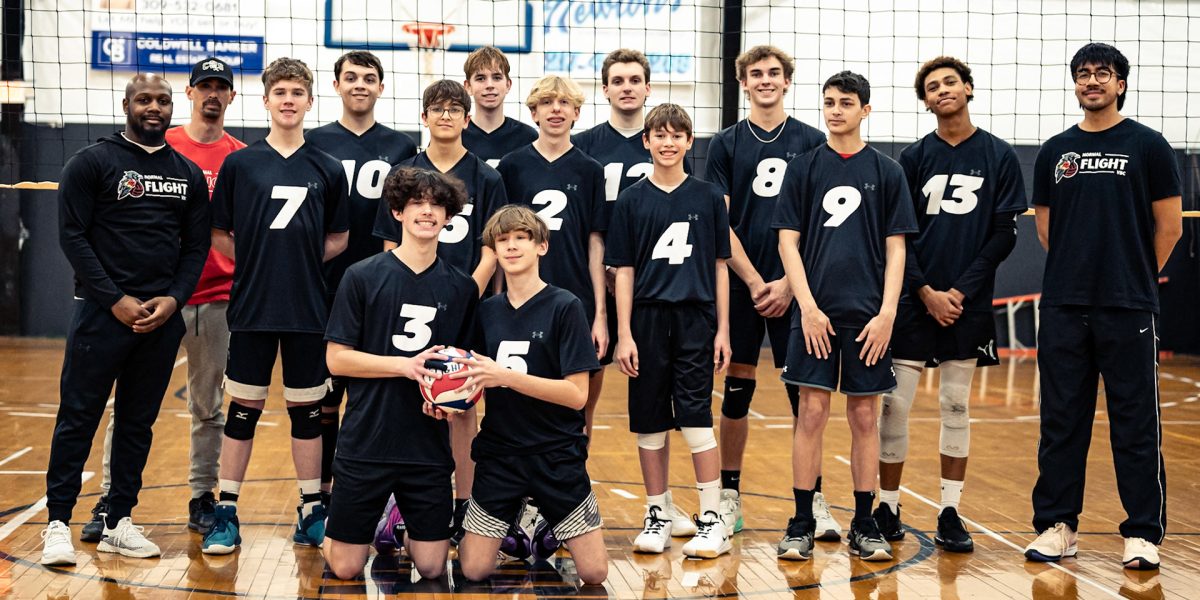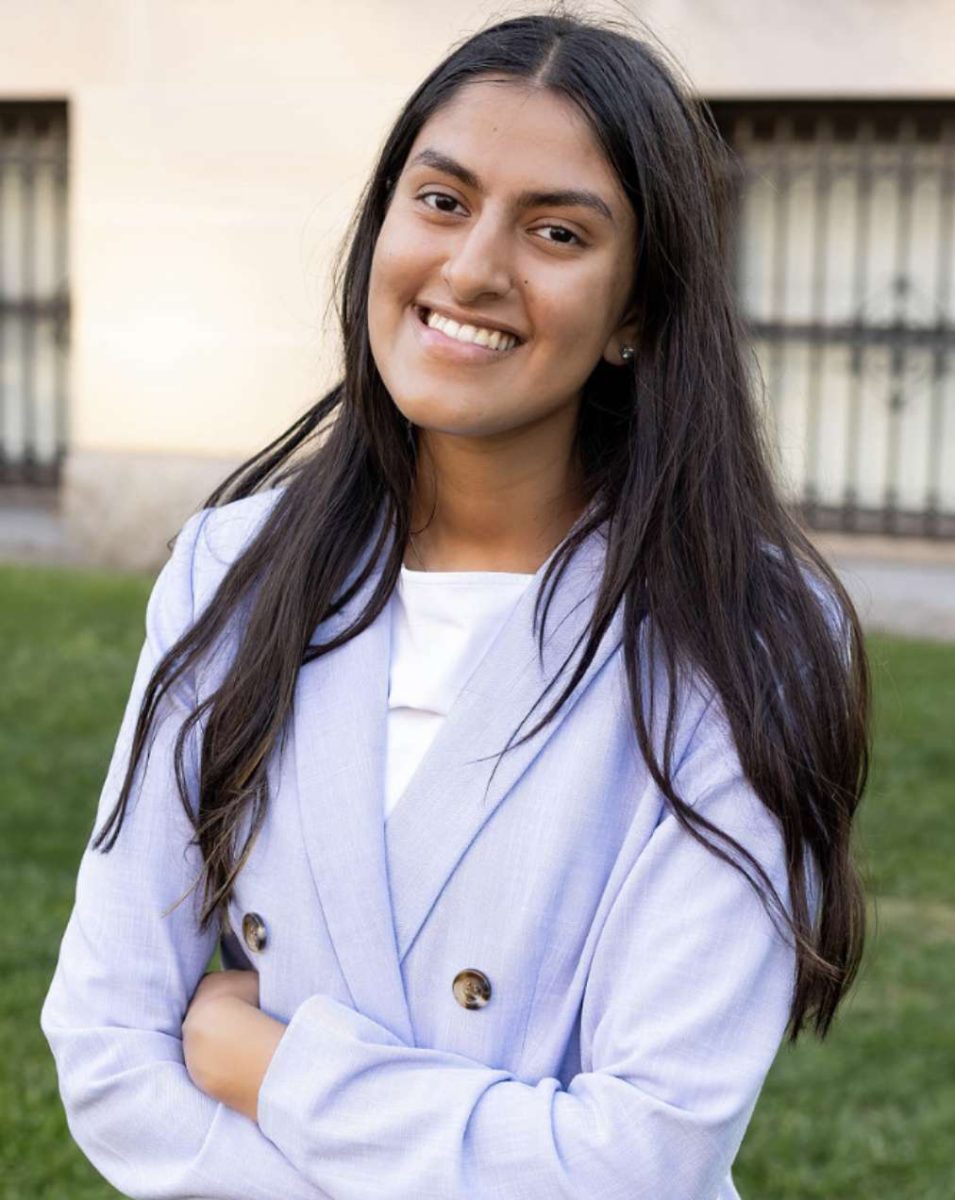Ninety-three percent of teenagers are using Instagram in 2024 according to sentiment.io, and a current trend surfacing on U-High students’ feeds includes unofficial “U-High” Instagram accounts such as barstools, couple/ship predictions, and even exposed/tea accounts. In a gossip-girl fashion, these accounts spread photos and information, real or fake, about the student body.
At other high schools around the country, similar social media accounts have led to controversy as in the case of a New Jersey high school that used AI to photoshop the faces of students onto inappropriate images. Or there is the California high school that is still reeling from a racist Instagram account intended as a “joke.”
For many these accounts serve as a harmless form of entertainment where they can connect with their peers. But for some, these accounts can get more out of hand than their creators intended.
Many students, including junior Faith Tomman, have seen the firsthand repercussions of the content on these pages.
“I have witnessed (instances) when things were posted, and it was the talk of the school,” Tomman said. “You know people were sending screenshots of the post, talking about them, commenting on them, and developing opinions. But, in my opinion, it wasn’t anyone else’s business. I think people were overstepping their boundaries ”
Tomman and others have seen photoshopped pictures of themselves and their friends on these accounts, including being inserted in situations they were not a part of. Some have also experienced private images and messages they have shared with their friends making their way to these accounts. One such incident happened to junior Mario Watson.
Watson shared that an exchange between him and a select number of people was “leaked” and posted without his consent. Initially, Watson thought his account had been hacked.
“(It turned out) my information wasn’t hacked but leaked. I sent it (an email) to someone, and I don’t know who sent it to the account,” Watson said. The image published on uhigh.expos_ed was a screenshot of a personal email Watson had sent.
Rumors followed.
“They were saying I cheated on my girlfriend a lot, my past girlfriend, ” Watson said. “which just doesn’t need to be said.”
Watson added that the account has led to invasive questioning, as well.
“Many times, they (people) will just make fun of people for anything,” Watson said. “It’s just a whole bad scenario.”
Though this spread of misinformation has caused issues for some, others have a different view on the controversial matter. Junior Jeremy Coleman said he believes these accounts are usually lighthearted and funny.
“I have a positive platform on social media, but not all accounts are going to be positive,” Coleman said. Coleman runs an account themed around his personal experiences.
However, many argue that these pages spark a lot of teasing and scandal. Coleman said the accounts post material that is “overly personal” but also “real.”
Junior Garyn Negele said people talk based on these U-High social media accounts, but it is harmless.
“For sure (people talk),” Negele said, “but not in the way that they’re making fun of them. They are just laughing at them”
Regardless of your stance on the nature of these Instagram accounts, not all social media is positive and it is smart to maintain privacy on social media platforms.
Watson said people can take action when the misinformation becomes too much.
“If things ever get too far, I recommend just reporting it to someone and speaking up,” Watson said.



